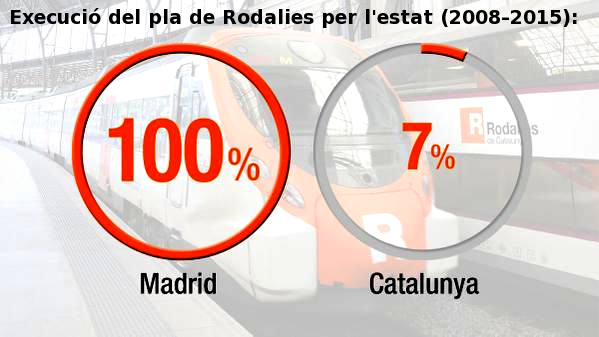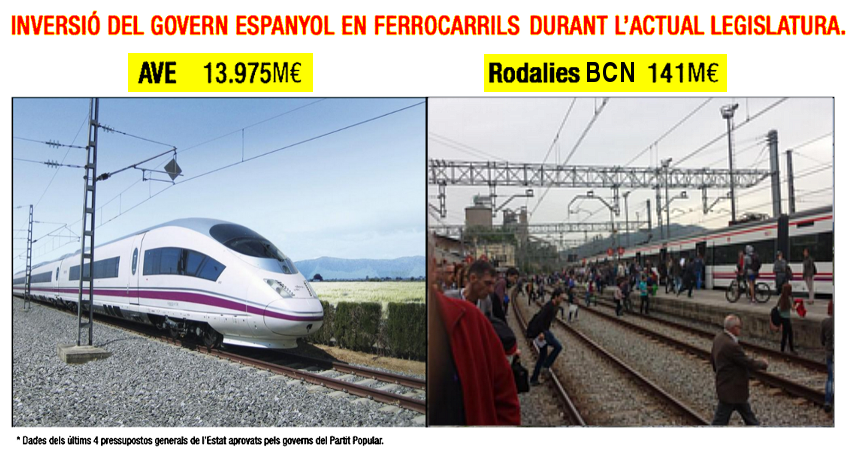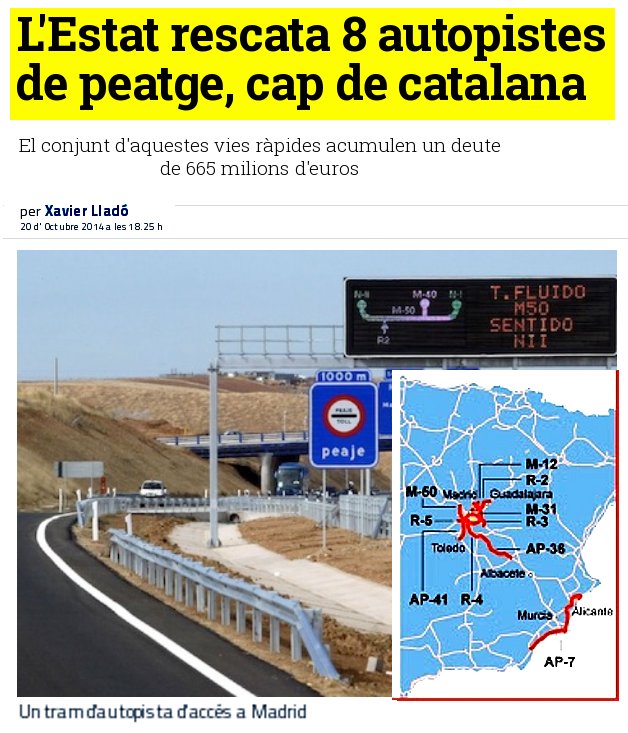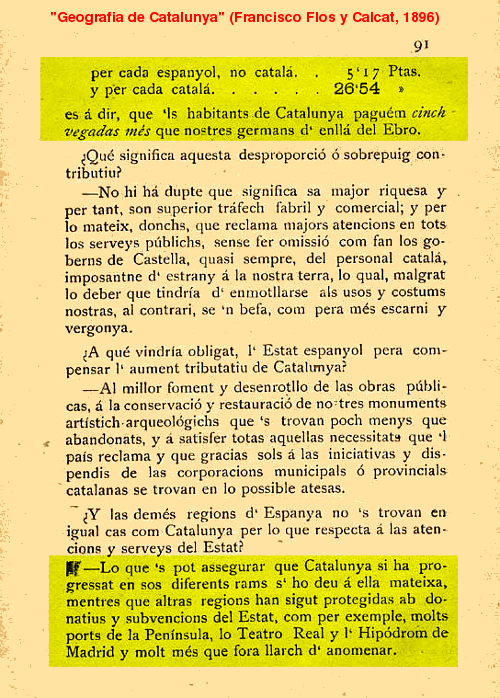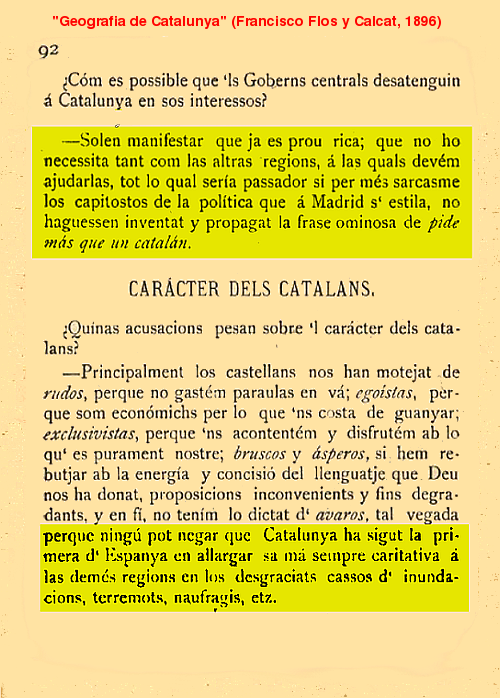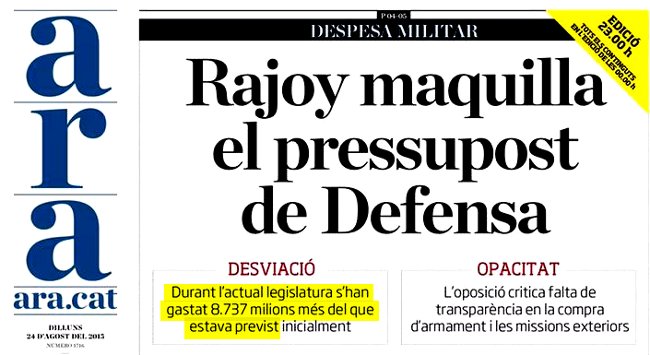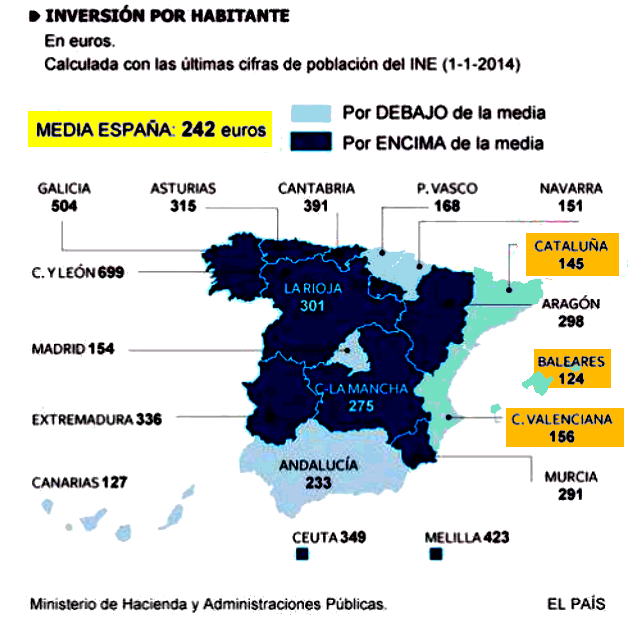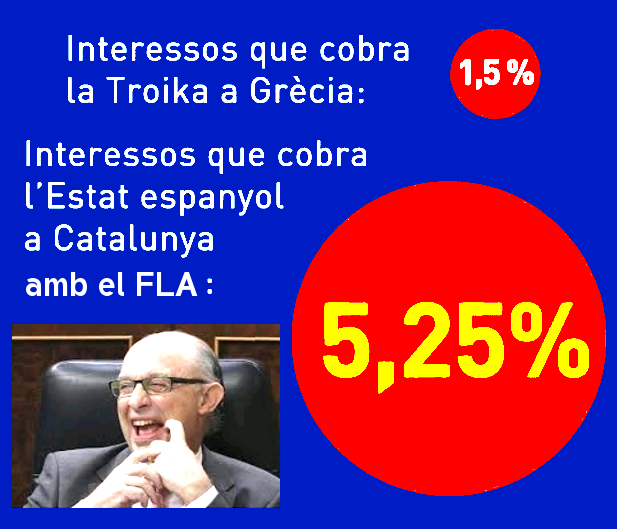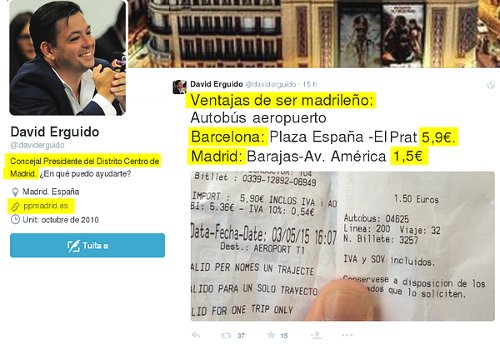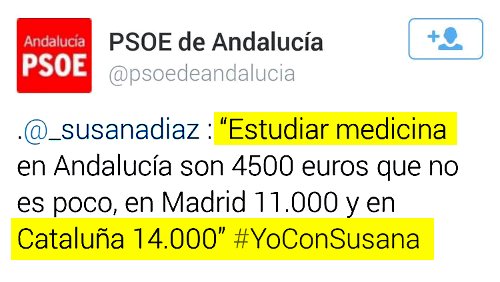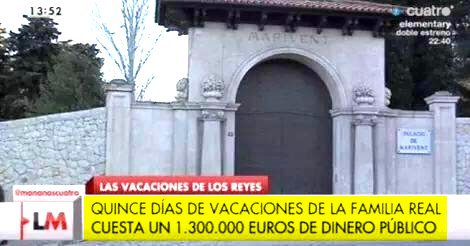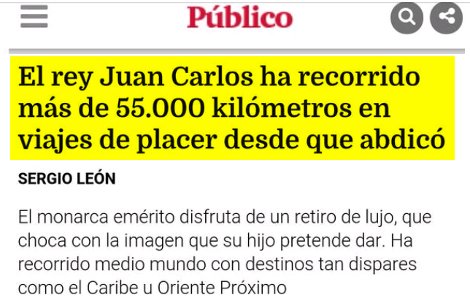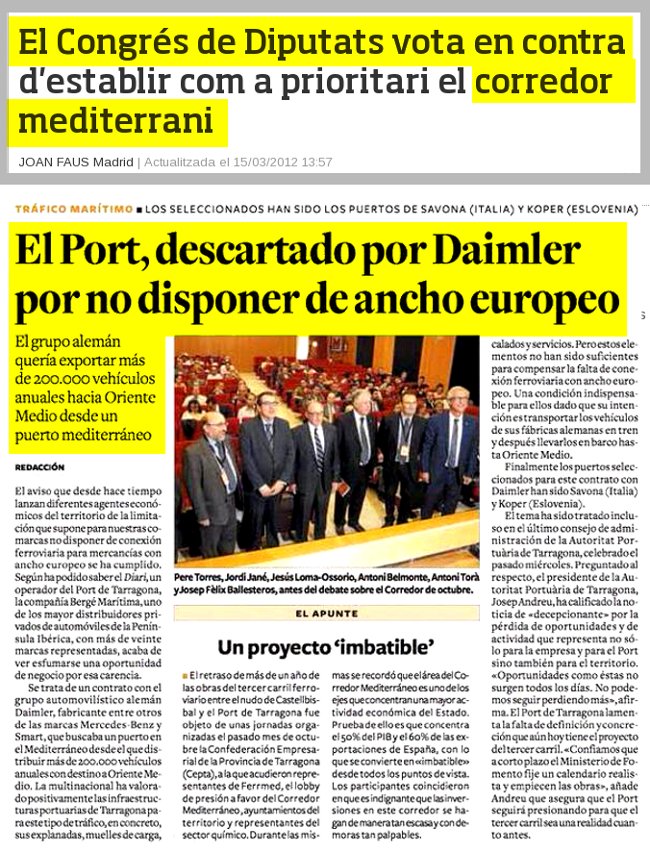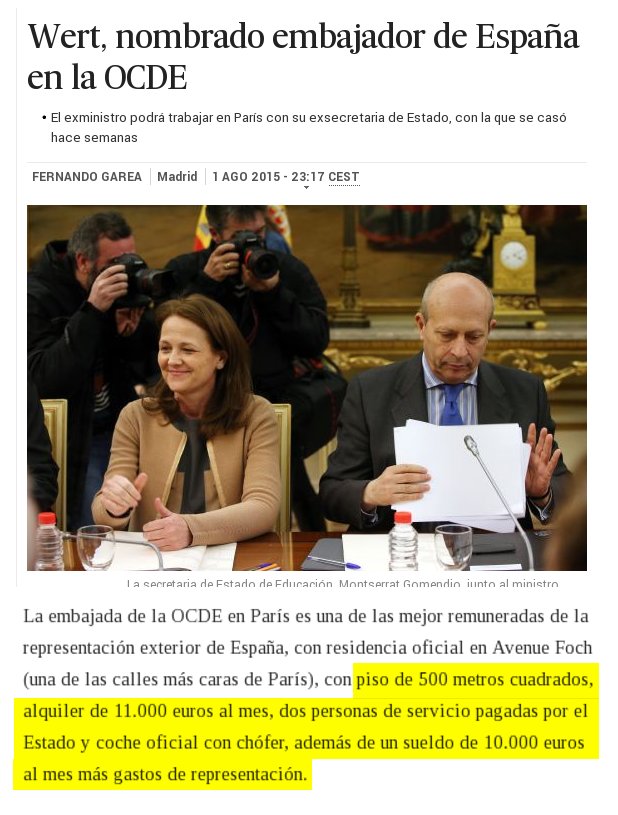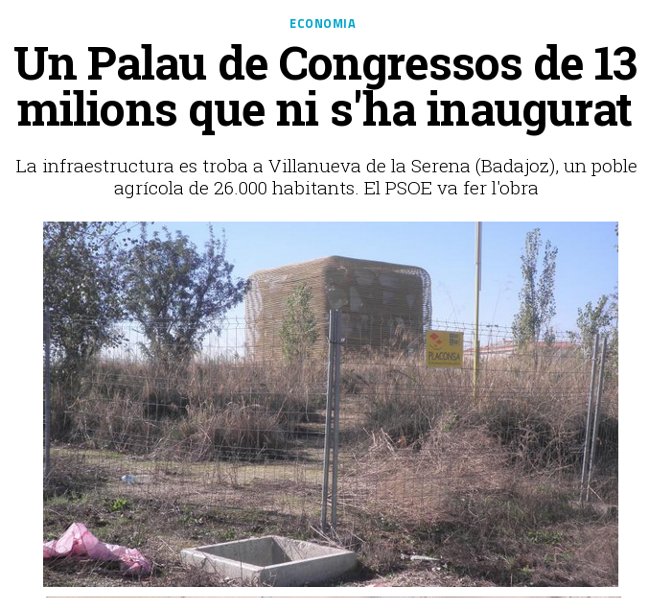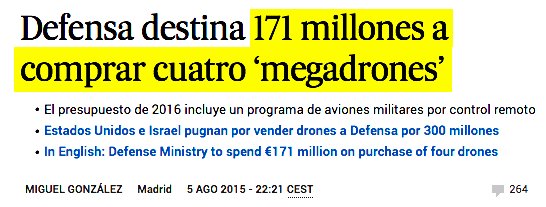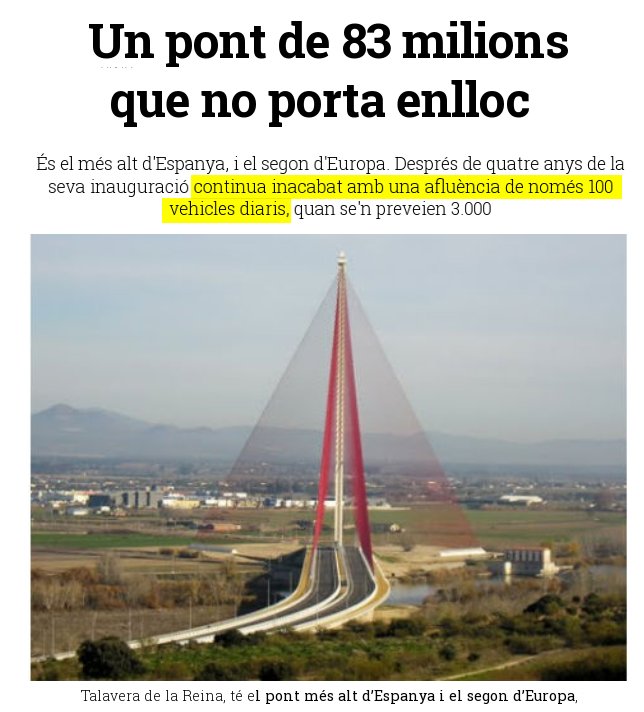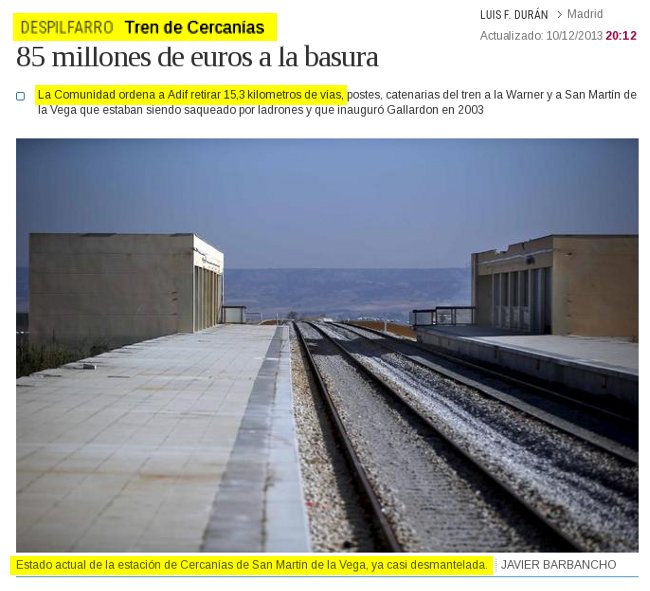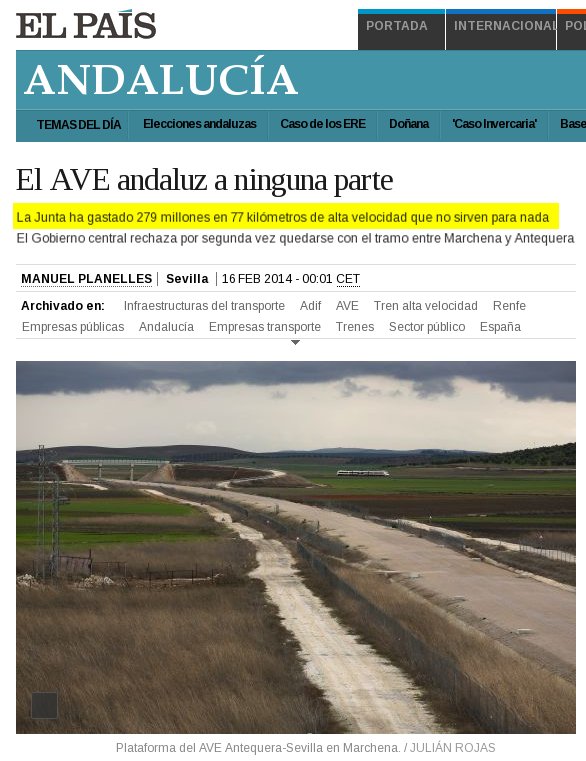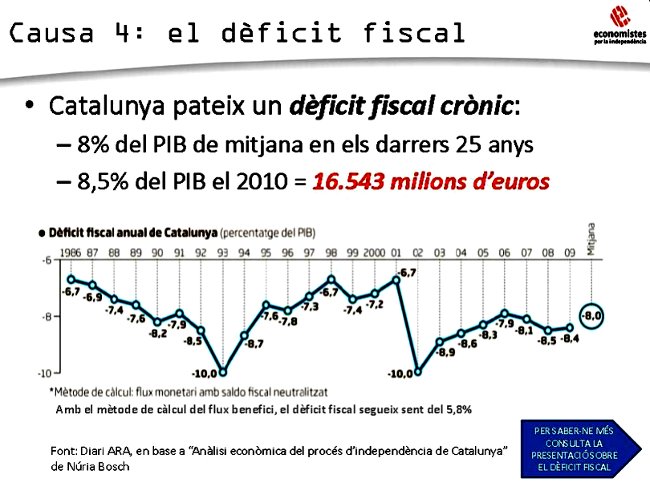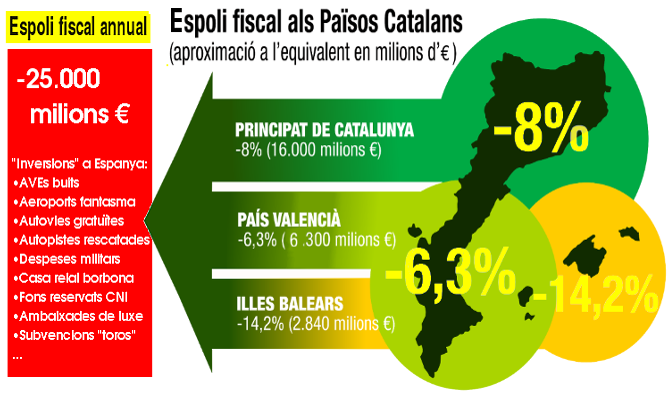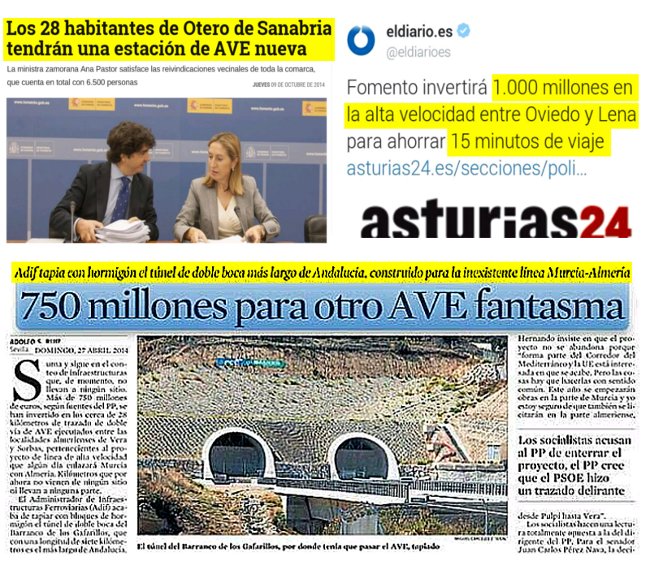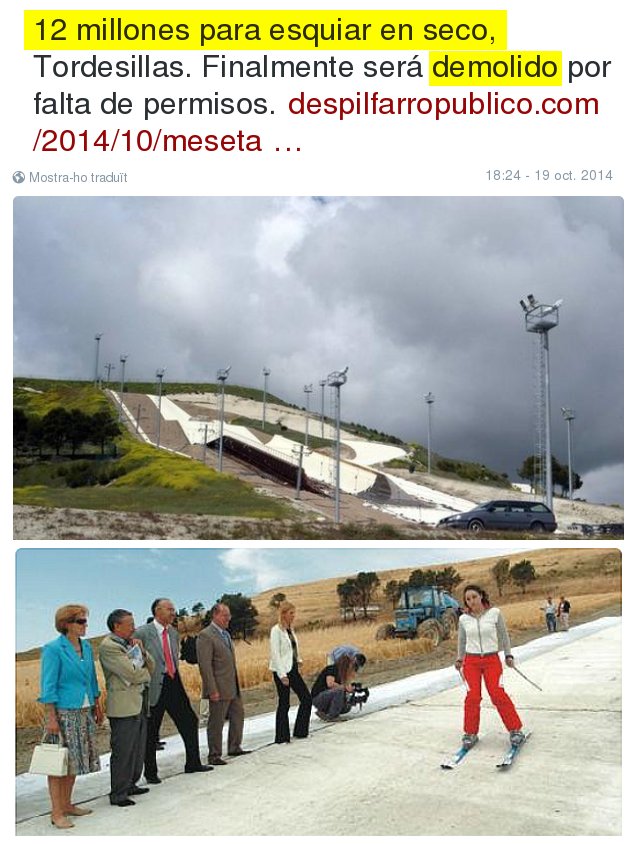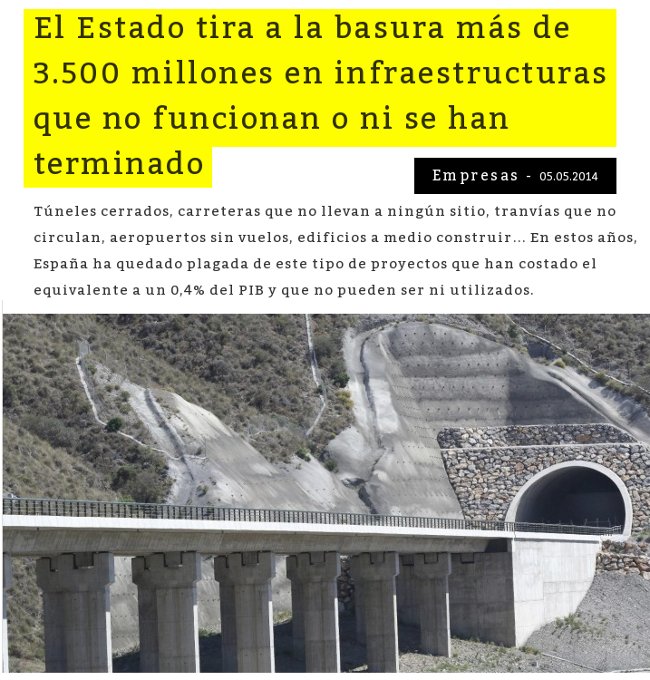The application of the European Charter for Regional or Minority Languages by Spain
Regional and minority languages in Spain: Council of Europe issues new evaluation report
Strasbourg, 21.01.2016 - The Committee of Ministers of the Council of Europe today issued
six recommendations to the Spanish authorities on the application of the European Charter for Regional or Minority Languages. It also published a
report by a committee of experts assessing Spain´s compliance with the Charter....
Recommendation CM/RecChL(2016)1
on the application of the European Charter for Regional or Minority Languages by Spain
(Adopted by the Committee of Ministers on 20 January 2016 at the 1245th meeting of the Ministers’ Deputies)
The Committee of Ministers,
In accordance with Article 16 of the European Charter for Regional or Minority Languages;
Having regard to the declarations made by Spain on 9 April 2001;
Having taken note of the evaluation made by the Committee of Experts on the Charter with respect to the application of the Charter by Spain;
Bearing in mind that this evaluation is based on information submitted by Spain in its national report, supplementary information provided by the Spanish authorities, information submitted by bodies and associations legally established in Spain and information obtained by the Committee of Experts during its on-the-spot visit;
Having taken note of the comments made by the Spanish authorities on the contents of the Committee of Experts' report;
Recommends that the Spanish authorities take account of all the observations and recommendations of the Committee of Experts and, as a matter of priority:
1. amend the legal framework with a view to making it clear that the criminal, civil and administrative judicial authorities in the Autonomous Communities can conduct the proceedings in co-official languages at the request of one party;
2. continue to implement legal and step up practical measures aimed at ensuring that an adequate proportion of the judicial staff posted in the Autonomous Communities concerned by the application of Article 9 of the Charter has a working knowledge of the relevant languages;
3. continue to implement legal and step up practical measures aimed at ensuring the adequate presence of the co-official languages in the State administration at the level of the Autonomous Communities;
4. continue to implement measures to ensure the presence of co-official languages in public services, especially in health care services;
5. continue to ensure that the offer of trilingual education does not adversely affect the protection and promotion of regional or minority languages;
6. consider extending the recognition of those regional or minority languages with a co-official status in six Autonomous Communities to other Autonomous Communities provided that there is a sufficient number of users of the regional or minority language involved.
...
ARAGON
p. 15:
The Committee of Experts strongly urges the authorities to take the necessary steps to recognise the status of Catalan and Aragonese as traditionally spoken languages in Aragon.
p. 17:
The Committee of Experts strongly urges the authorities to adopt a specific legal framework for the protection and promotion of Catalan and Aragonese in Aragon as separate languages.
Catalan in CATALONIA
p. 30:
The Committee of Experts again strongly urges the authorities:
- to amend the legal framework with a view to making it clear that the criminal, civil and administrative judicial authorities in Catalonia will conduct the proceedings in Catalan at the request of one party;
- to take the necessary measures to ensure, as appropriate, that the parties to a proceeding are specifically informed of the obligation of the judicial authorities in Catalonia to conduct the proceedings in Catalan if one of the parties so requests, in conformity with the undertakings entered into by Spain under Article 9 para. 1.a.i, 1.b.i and 1.c.i of the Charter;
- to take the necessary measures to increase the proportion of judicial staff in Catalonia at all levels and particularly among judges and prosecutors, who are able to use Catalan as a working language in courts.
p. 31:
The Committee of Experts urges the Spanish authorities to substantially increase the number of Catalan-speaking staff in the competent state administration offices and to develop adequate training schemes.
Catalan in the BALEARIC ISLANDS
p.56:
The Committee of Experts strongly urges the authorities to make Catalan-medium pre-school, primary and secondary education available in the Balearic Islands.
p. 57:
The Committee of Experts strongly urges the authorities to make available technical and vocational education in Catalan.
p. 59:
The Committee of Experts urges the Spanish authorities to take the following measures with a view to complying with Article 9:
- amend the legal framework with a view to making it clear that the criminal, civil and administrative judicial authorities in the Balearic Islands will conduct the proceedings in Catalan at the request of one party;
- take the necessary measures to ensure, as appropriate, that the parties to a proceeding are specifically informed of the obligation of the judicial authorities in the Balearic Islands to conduct the proceedings in Catalan if one of the parties so requests, in conformity with the undertakings entered into by Spain under Article 9 para. 1.a.i, 1.b.i and 1.c.i of the Charter;
- take the necessary measures to increase the proportion of judicial staff in the Balearic Islands, at all levels and particularly among judges and prosecutors, able to use Catalan as a working language in courts;
- develop adequate training schemes for judicial staff as well as for lawyers.
Valencian in VALENCIA
p. 69:
The Committee of Experts strongly urges the Spanish authorities:
- to amend the legal framework with a view to making it clear that the criminal, civil and administrative judicial authorities in Valencia will conduct the proceedings in Valencian at the request of one party;
- to take the necessary measures to ensure, as appropriate, that the parties to a proceeding are specifically informed of the obligation of the judicial authorities in Valencia to conduct the proceedings in Valencian if one of the parties so requests, in conformity with the undertakings entered into by Spain under Article 9 para. 1.a.i, 1.b.i and 1.c.i of the Charter;
- to take the necessary measures to increase the proportion of judicial staff in Valencia, at all levels and particularly among judges and prosecutors, who are competent in the use of Valencian as a working language in courts;
- to develop adequate training schemes for judicial staff as well as for lawyers.
p. 70:
The Committee of Experts urges the Spanish authorities to substantially increase the number of Valencian-speaking staff in the relevant state administration offices and to develop adequate training schemes.
p. 75:
The Committee of Experts urges the Spanish authorities to take the necessary measures to encourage and/or facilitate the creation of one public TV channel and a public radio station in Valencian.
-------------------------------
Recull de premsa, 21/1/2016.
